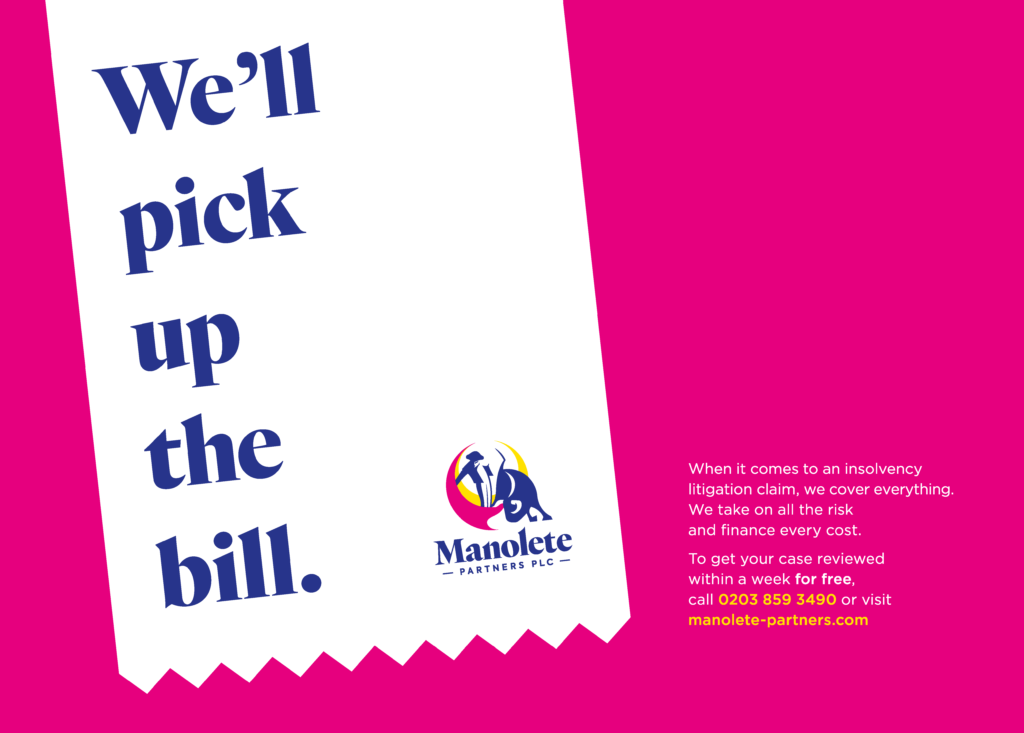Warning about Insolvency Practitioner identity fraud and scam websites
Other articles (Insolvency Practitioner, June 2020):
- Michelle Thorp, CEO
- Kevin Hellard, President
- An update from HMRC
- Job Vacancy: Deputy Chief Inspector
- IPA Members LinkedIn group
- Join an IPA Committee
- SARs: New glossary codes
- SARs online submissions: User update
- SARS in Action issue 5
- Risk based changes to monitoring
- Five minutes with… Alan Limb, Inspector at the IPA
- Guest article from Dunedin Advisory
All members are reminded to be extra vigilant and to regularly check their online identity, including all company interests, is correct and is not being misused. The IPA has become aware of a couple of recent cases where practitioners’ names, and even their company names or associated entities, have been used to create copycat websites without any consent. One example took a company name, which was part of an existing large group, and created a new website which targeted victims who lost funds in previous investment frauds. We have also seen examples where creditors have been specifically targeted to advise them of being eligible for additional compensation once liquidations have been closed.
The IPA has also been made aware that an individual has even tried to create an insolvency appointment and sent correspondence to creditors using an Insolvency Practitioner’s identity, falsifying documents and even to the extent of creating a similar email address used to agree claims. And as advised previously, we have also seen practitioners’ names unlawfully added to websites to try and get around Google’s advertising restriction on lead generators.
The current Covid-19 crisis has highlighted how criminals are looking at new ways to exploit the situation for financial gain. Via our AML updates, we have sent around several examples to members of the various schemes to be mindful of, and the latest examples highlight how criminals target what is seen as growth area where individuals can be exploited. The predicted increase in insolvencies is seen as a potential growth area with increased risks of individuals looking to exploit this.
Any practitioners with limited web presence, and/or with dormant or little used companies, are more likely to be targeted, and they should regularly complete a web search and also check Companies House records.
Members are advised that they should try to protect their web content by having clear ‘Terms and Conditions’ pages on your website which explicitly details what you own and what your policy is about anyone copying the content. This will assist in being able to take action in the future.
If any members become aware of any similar issues, they should immediately report to the relevant authorities such as the Police, Action Fraud, FCA and Insolvency Service, and submit a Suspicious Activity Report. You should also contact the IPA to keep us informed and also to advise us of any other general concerns about website content which you consider does not look right or may bring the insolvency profession into disrepute.



